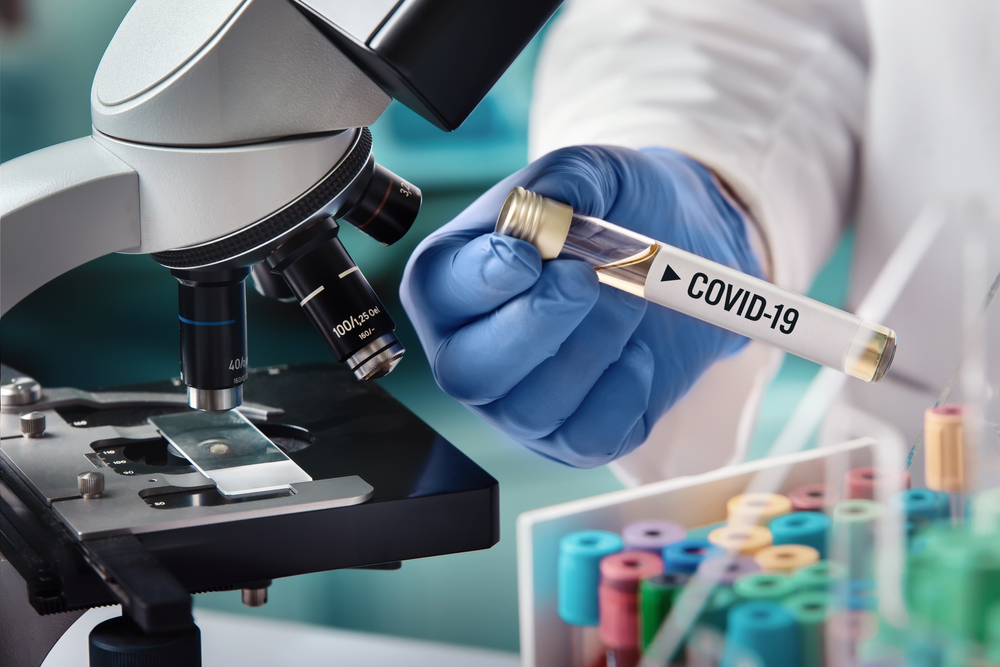As summer winds down, Princeton has been experiencing an increase in positive COVID-19 cases, with breakthrough cases in Princeton having been more than 50% of the recently reported cases, according to the Princeton Health Department.
Since July 8, the department reported 57 cases of COVID-19. Of those, 39 have been breakthrough cases or 68.4% breakthrough, and 31.6% of the cases have been unvaccinated individuals.
“June to July we began to see a slight increase with travel increasing post-school year,” Princeton Health Officer Jeff Grosser said. “The increase Princeton has been experiencing really from July to present day has been significant, or 50% of the case numbers we witnessed in our area during the November to February surge.”
The department’s case investigations and contact tracing have determined some consistent trends for the increase, such as attending large social gatherings.
“History of out-of-state travel, larger social gatherings (weddings and concerts) subsequently leading to additional household clusters have been the main driving force behind recent increases in numbers,” Grosser said.
The number of breakthrough cases Princeton has had recently is also being seen across the state. Gov. Phil Murphy indicated an increase in breakthrough cases during his coronavirus briefing on Aug. 23.
“However, the percentage of positive test results from fully vaccinated individuals continues to be only a small part of the overall,” he said. “For example, there were 1,397 breakthrough positive PCR or presumed positive antigen tests during the period from Aug. 2 to Aug. 8, but during the same week, there were 7,611 total positive test results.”
At the briefing, Murphy added that roughly 5.1 million fully vaccinated people in the state accounted for a little bit more than 18% of the positive cases for the week, while roughly 4.1 million unvaccinated or not yet fully vaccinated individuals accounted for about 82%.
“A breakthrough case of COVID-19 occurs when a fully vaccinated person gets infected with the coronavirus. COVID-19 vaccines work by teaching the body to recognize the virus,” Grosser said. “So if you’re exposed to it after vaccination, your immune system should be ready to spring into action and fight it. In studies, the two-dose COVID-19 vaccines by Pfizer and Moderna were around 95% effective at preventing illness, while the one-shot Johnson & Johnson shot was 72% effective, though direct comparisons are difficult.”
Grosser explained that if an individual ends up getting sick despite vaccination, the shots are very good at reducing the severity of the illness.
“Most people with breakthrough infections we have investigated complain of mild illness,” he said. “In the U.S., people who weren’t vaccinated make up nearly all hospitalizations and deaths from COVID-19. The recent decision by the federal government to OK third shots is a reflection on what we are currently seeing with breakthrough cases rising.”
The Princeton Health Department’s concern currently is centered on vaccine delivery logistics.
“Third shots are now available for immunocompromised residents, the general population will likely be eligible by the end of September and likely sometime in the fall we are anticipating the 5-11-year-old range to be eligible as well for the vaccine,” Grosser said. “As we have witnessed, cases will continue to ebb and flow as they have done throughout the pandemic. That said, we are still driving home the message that the COVID-19 vaccines are the best way to avoid severe complications, hospitalizations and death.”

